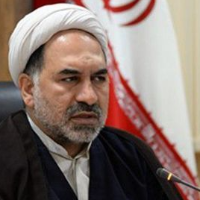Theoretical Analysis of False Christs; Examining the Views of a Number of Sociologists
"False christianity" threatens the faith in the promised like a nightmare. The institution of religion has always faced the threat of the emergence of movements claiming to be Messiah and has often been referred to as deviant and heretical movements. Entering the new world, the false Christian movements became the subject of interest of humanities thinkers, especially sociologists, because of the influence they had over social formulations. This article has tried to show what the most important reasons for the emergence of false Christs in their view, referring to the literature produced by a number of sociologists in this field. The approach of this article is qualitative and exploratory and by analyzing the customary content of the presented theories, it has regulated the factors of the emergence of false Christs from the perspective of thinkers. Based on what is concluded, these factors can be divided into three categories: "determining factors", "effective factors" and "accelerator factors". In this study, social disorder has been introduced as a determining factor and also system inefficiency, public dissatisfaction, lack of government, mass disorder, failure to achieve collective ideals, value transition, value differentiation, and pervasive challenges have been introduced as influential factors.
-
Interactions between Traditional and Modern Theologies in Neo-Muʿtazilism: Revisting the Theological Ideas of Dr. Hassan Hanafi
Rouhollah Rahmanishamsi *, Sayed Abolhassan Navvab,
Pajouheshname - ye - Mazaheb - e - Eslami, -
The Rule of Obligation, the Way to Interact with People of the Book in Unilateral and Bilateral Contracts
Gholam Abbas Hashemi *, , Mohammad Tagi Ansaripour
Religious Studies,



